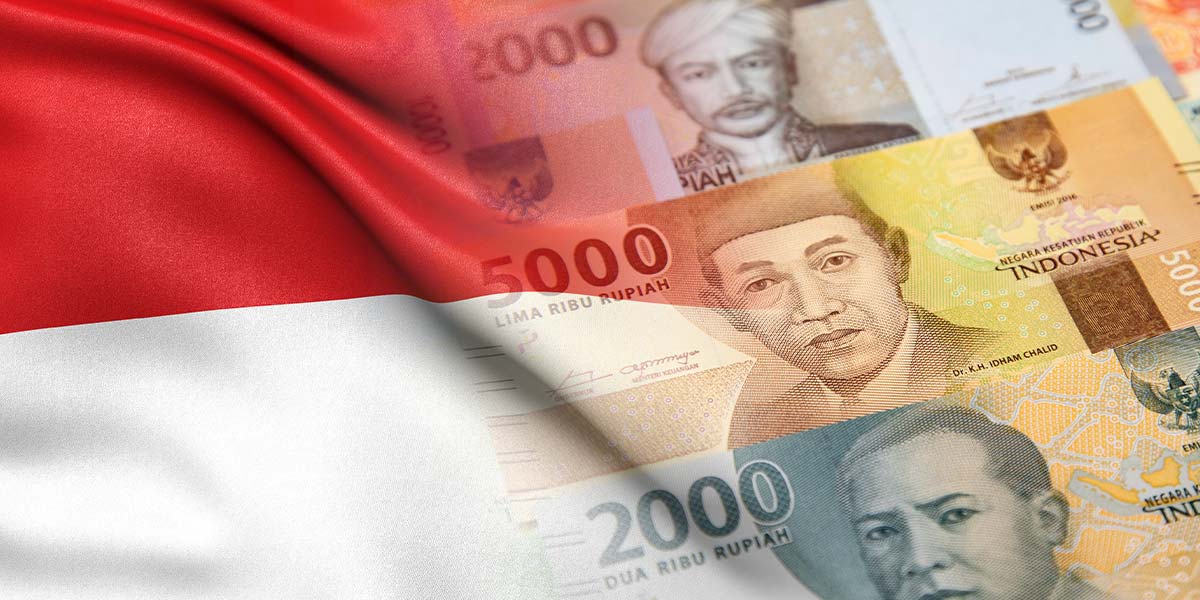Indonesia’s central bank unexpectedly lowered its key interest rate for the sixth time since September last year, as policymakers ramp up efforts to stimulate economic expansion.
Bank Indonesia (BI) slashed its benchmark 7-day reverse repurchase rate by 25 basis points to 4.75% on Wednesday—its lowest level since late 2022—defying expectations from all 31 economists surveyed by Reuters, who had predicted no change.
In addition to the main rate cut, BI reduced its overnight deposit facility rate by 50 basis points to 3.75% and trimmed its lending facility rate by 25 basis points to 5.50%.
Governor Perry Warjiyo reaffirmed at a press conference that the central bank would continue to evaluate the potential for additional easing as it seeks to support growth. Throughout its current cycle, BI has faced the challenge of balancing a stable rupiah with the push for stronger economic momentum.
Since September last year, BI has lowered its main interest rate by a total of 150 basis points.
The rate cut comes amid heightened market volatility following two weeks of widespread protests and last week’s abrupt dismissal of respected finance minister Sri Mulyani Indrawati. Market confidence has also been clouded by concerns over BI’s autonomy after a “burden sharing” agreement to fund state programmes.
Meanwhile, parliamentary discussions are underway that could further expand BI’s obligations to foster growth and enable lawmakers to assess and potentially recommend the removal of board members to the president.
Southeast Asia’s largest economy grew 5.1% year-on-year in the second quarter, marking its swiftest expansion in two years. However, newly appointed finance minister Purbaya Yudhi Sadewa has cautioned that indicators for the third quarter point to a slowdown.
The government has responded by announcing a stimulus package valued at nearly $1 billion for the fourth quarter, which includes food assistance and an infrastructure initiative aimed at job creation.
Last week, Purbaya criticized BI for maintaining tight liquidity conditions and shifted over $12 billion of government funds from the central bank to commercial banks to spur lending.
Warjiyo stressed on Wednesday that Indonesia’s banking sector still has sufficient liquidity to support loan growth and ongoing economic recovery, and encouraged commercial banks to lower lending rates.





